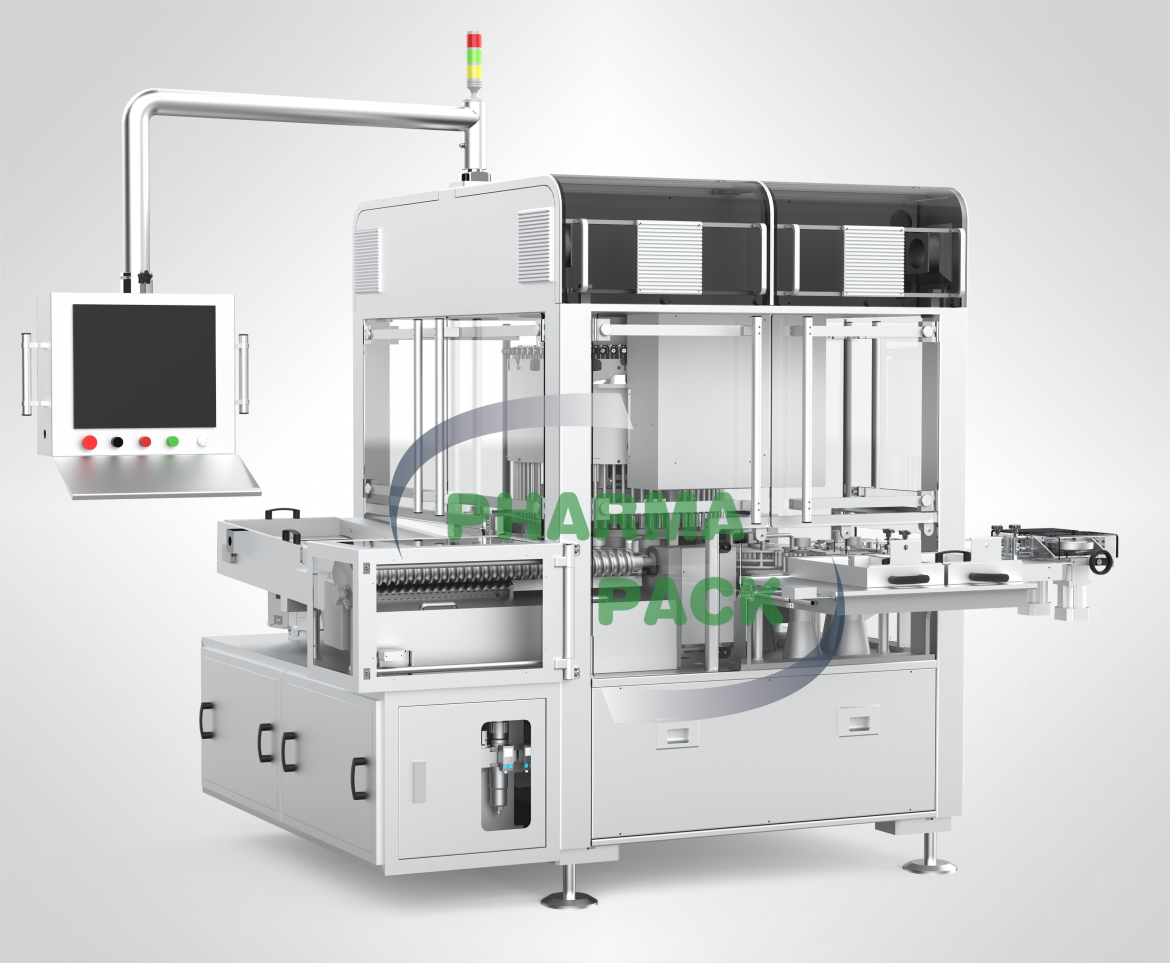They at Pharmapack, a recognized vial inspection machine manufacturer, emphasize the importance of integrating data analysis into daily operations. By offering structured data analysis training for operators of bottle inspection equipment, they enable companies to make more informed decisions. For instance, machines like the LFIM-72 continuous inspection system use micro-computer control and touch screens, allowing operators to adjust parameters conveniently and visually. Through proper training, employees can interpret inspection results more effectively, leading to quicker problem-solving and operational adjustments.
Improving Quality Control Through Data Interpretation
A key benefit of their bottle inspection equipment lies in its ability to generate precise, real-time inspection data. Staff trained in analyzing this data can detect trends in defects or deviations across production batches. Pharmapack, as a vial inspection machine manufacturer, ensures that its systems provide comprehensive feedback, including information from stainless steel and aluminum components that meet GMP standards. This training allows teams to prioritize issues, reduce downtime, and maintain high-quality standards without relying solely on manual oversight.
Leveraging Data for Strategic Decisions
Data analysis training not only enhances day-to-day operations but also contributes to strategic planning. With insights from Pharmapack’s LFIM-72 systems, managers can forecast maintenance needs, adjust production schedules, and optimize resource allocation. For vial inspection machine manufacturer clients, the ability to translate inspection metrics into actionable decisions supports a more efficient production workflow.
Conclusion
Incorporating structured data analysis training for operators of bottle inspection equipment provided by Pharmapack strengthens both operational efficiency and decision-making. By understanding and applying insights from inspection systems like LFIM-72, companies can ensure smoother operations, maintain consistent product quality, and respond proactively to production challenges. The combination of advanced machinery and targeted training creates a more intelligent, data-driven manufacturing environment.


